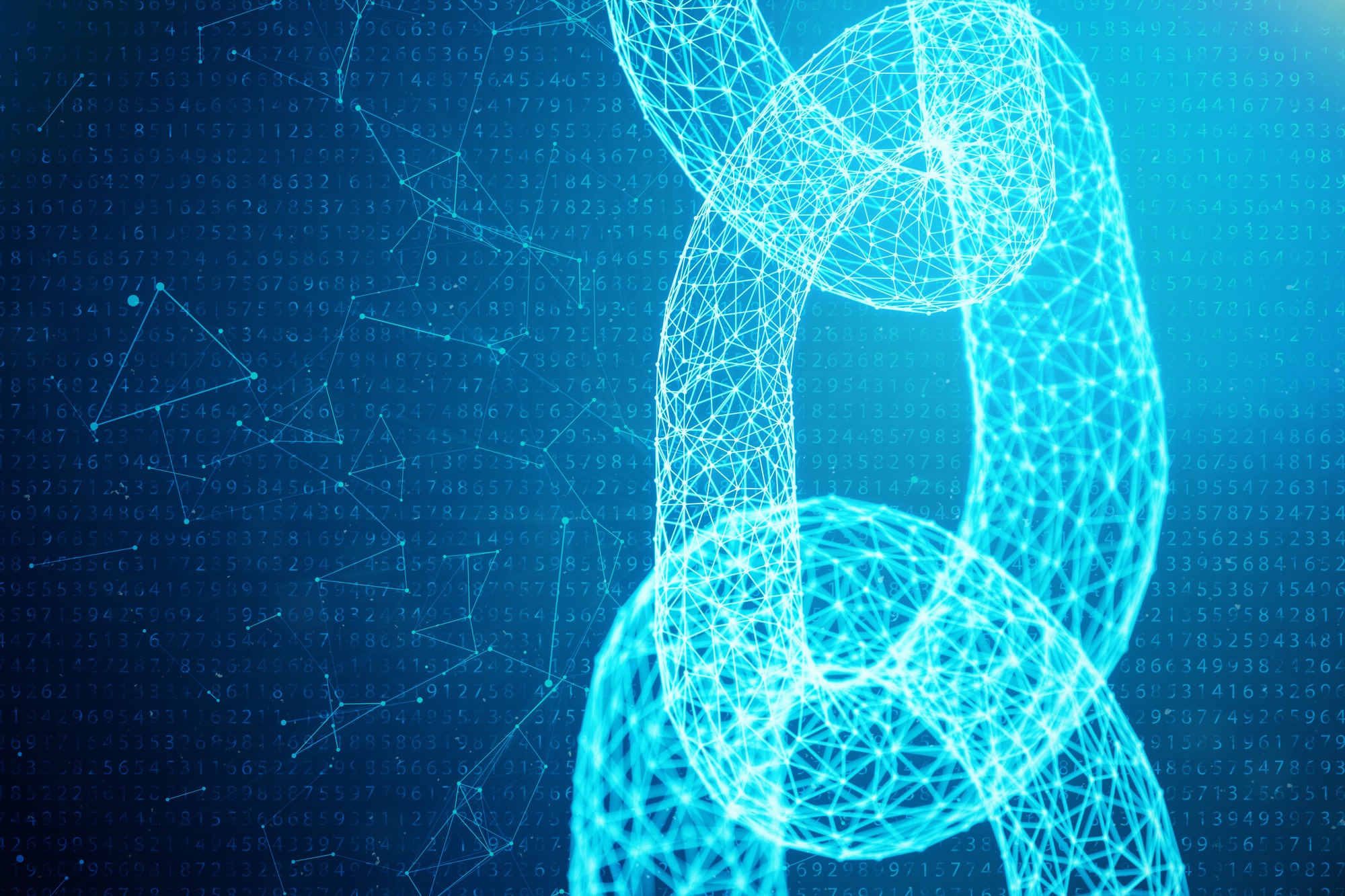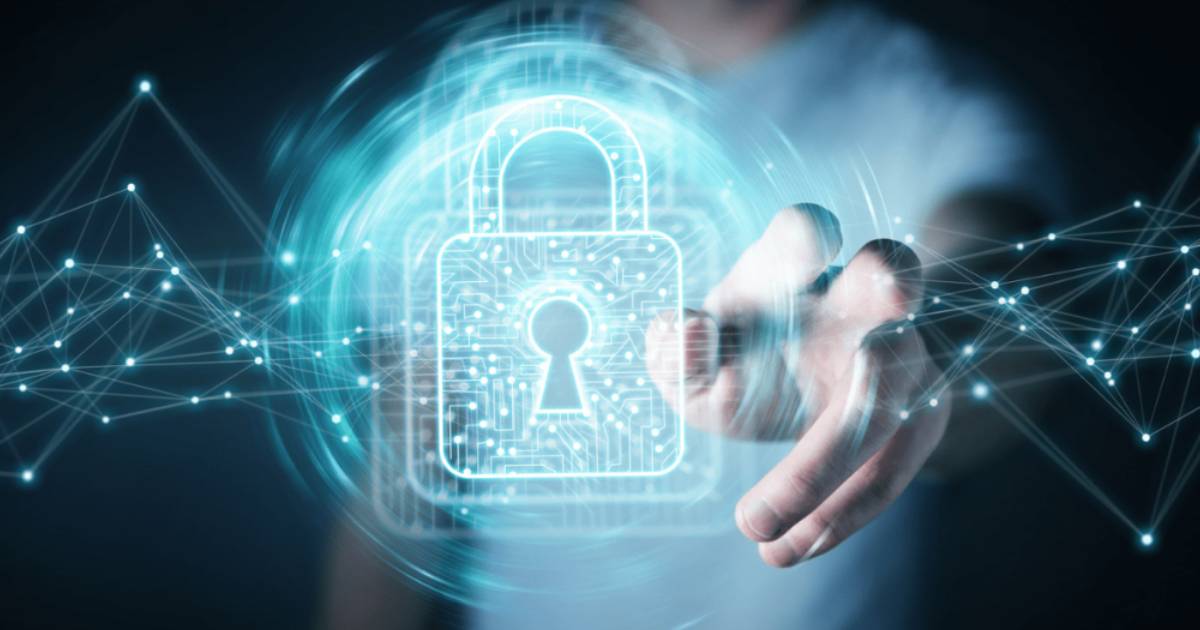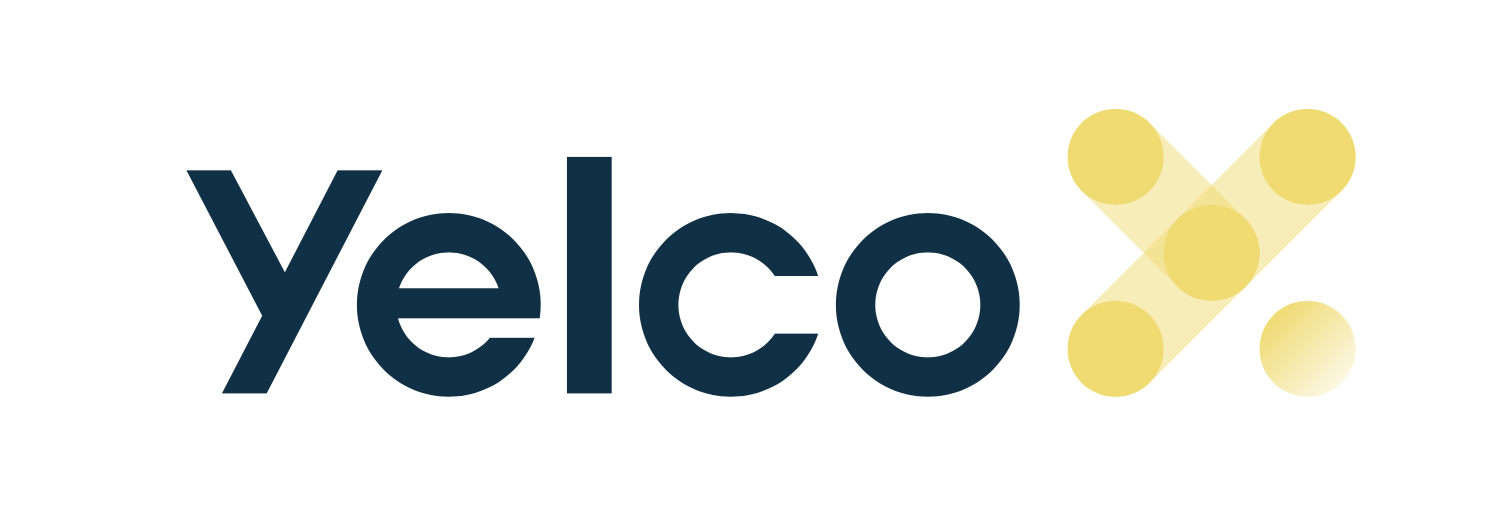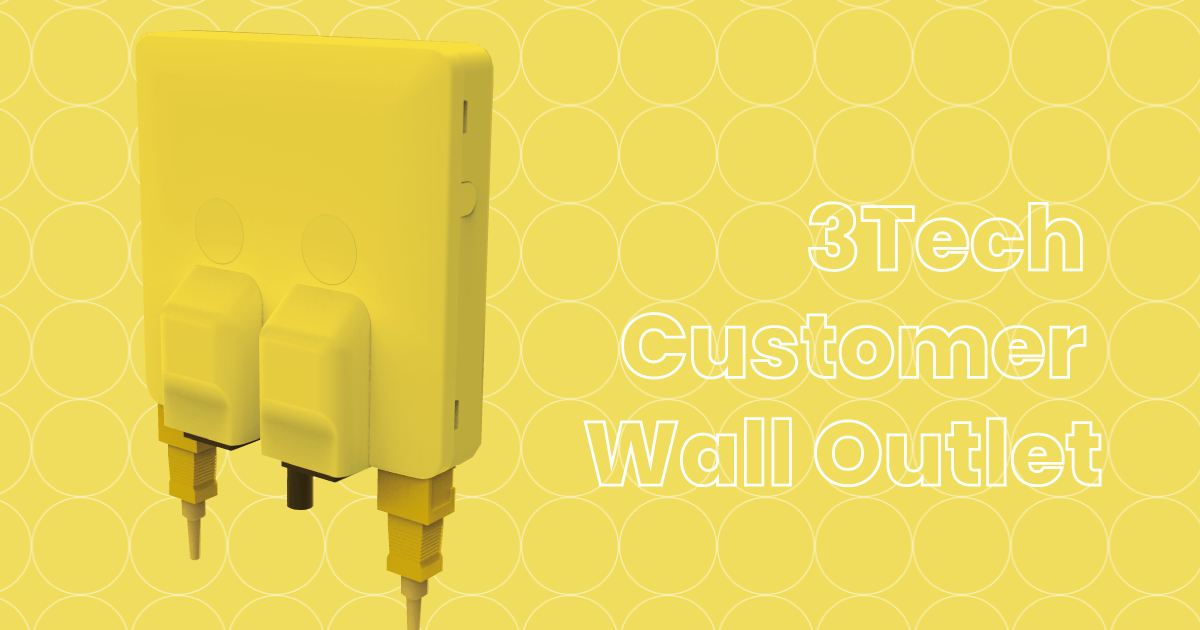What is Blockchain: An Introduction to this System

In a world going through the phenomenon of digitalization, opportunities emerge for the simplification of processes, including the ones regarding economic transactions. One new technology that allows the simplification, transparency and reliability of processes is Blockchain.
The “old” way of doing economic transactions
Nowadays, the process of making economic transactions can be long and slow, even when using the internet. This time in between the moment you order a product to the moment you receive it is partly prolonged by our current dependency on banks.
When making a “normal” transaction, banks are present as an intermediary, as they hold transfers for approval before letting the money go through to the seller. This can take days, delaying the acceptance of your order, therefore making the waiting time longer for you to get your product. Also, you might have to pay a fee to the bank for their services.
Another limitation that exists when it comes to this way of doing economic transactions is the limitation of access to information. When you need some record regarding your transaction you have to ask the bank for it, as all the information is kept on their database that you have no direct access to. This puts a barrier between you and your information, as you need someone else to provide it to you.
Having this information centered, besides creating limitations in access, can also compromise the records. When everything is in one place, where only a few people can have access to information can be tampered with without our knowledge. Outsiders can easily hack it even.
Fortunately, with innovative technologies being created, there are new ways to make economic transactions faster and access to information open and safe, letting go of third parties. Through Blockchain, this is possible.
What is the Blockchain?
Blockchain is a system that records transactions and tracking assets in a business network, which makes it difficult or impossible to change, hack, or cheat the system.
It can be understood as a chain of collections of records (the blocks), that are linked between each other and distributed among the users of a network.
It is not connected to third parties, such as banks, governments, etc, as it uses an alternative to the traditional methods without the need of external approval.
Besides its main functions, it is also valued for its safety and decentralized information, as it doesn’t allow to form of information monopolies, and keeps this information immutable.
How does Blockchain work?
To make it easier to understand, here are the key concepts you should be familiarized with:
-
Transactions
Through Blockchain you can make transactions directly, without the need for third-party approval or any intermediaries, making it immediate. When you send a payment to someone, it will be available right away, which makes it faster to then have your order confirmed and shipped. No fees are applied. -
Smart Contracts
As these transactions do not need external or internal approval to be done, the terms and conditions of these are decided peer to peer. This makes for more transparent and faster contracts without the need to go through several amounts of paperwork. -
Records and Information
Having decentralized information, in a single consultation, you can access records and transaction states immediately. This information is available to everyone inside the network, which also avoids misinformation. -
Safety and Transparency
Besides opening access, having decentralized information also helps when it comes to safety. When information is inserted on Blockchain, it becomes immutable, meaning no one has the singular power to change the records, not even a hacker. The only way to change the information is if the users of the network accept this change, and if more than 50% of the users reject the change, it will be blocked by the system. This makes the information trustable as it can’t be tampered with.

Main benefits of Blockchain
Already knowing how it works, we can affirm some of Blockchain’s main benefits:
-
No Third-Parties = Time Saving
Not having to wait for external approval saves a lot of time in the process, as transactions can be made at the moment with no fees charged, and agreements can be made peer to peer through smart contracts. This also applies to the consultation of information, as it is available at any time with no barriers.
-
Decentralized Information = Safety
Besides also being a time saver when it comes to consulting records, having decentralized information makes it safer and more reliable, as it can’t be changed by the main domain or an outsider. The power to change information is decentralized and it’s only accepted when the rest of the users of the network agree.
-
Immutability and Trust
Once transactions are recorded on the blockchain, they can't be changed or deleted. As a safe system, all the information collected is not possible to change unless a huge part of the users of the networks allows it.
Overall, it’s safe to say that the Blockchain is a faster, trustable, and safer option for economic transactions, which offers way more transparency than the current processes available in the society.


